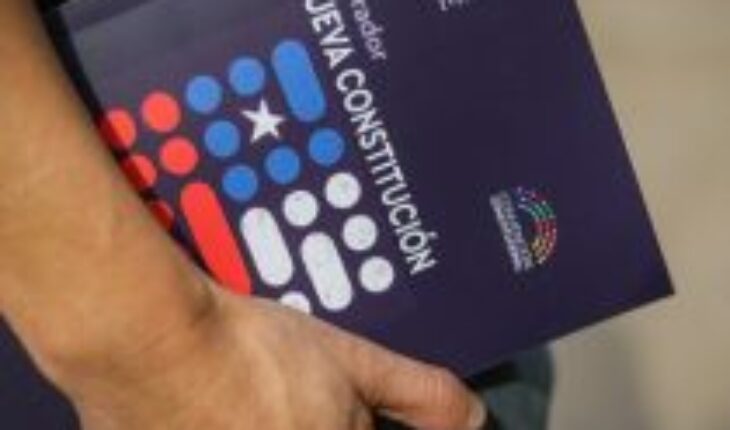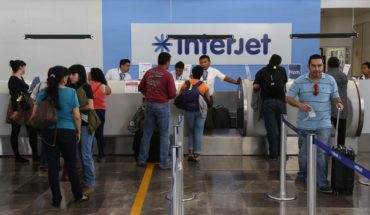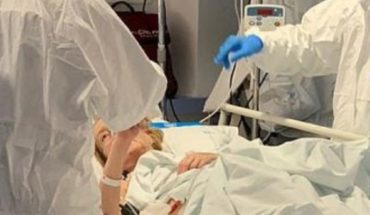A few days ago the draft of the new Political Constitution was released and will be voted on September 4. The word education is written 59 times throughout the document: what is said?, what is projected?, is it effectively a new possibility of building a we?
Clearing myths and confirming realities is necessary at this time. Do not worry, the new Constitution confirms the sacred freedom of education, that is, all parents in the country will be able to choose autonomously the type of education they want to give to their children. To this is added the confirmation of a State that protects the right to education and that must manage and finance it, thus strengthening a secular and free educational system, so that the National Education System is a strategic axis for the development of the country and the State.
New possible paths are also proposed: a focus on a Comprehensive Sexual Education, where all people can learn to freely enjoy and manifest their sexuality, as well as the recognition of multiple gender identities and expressions. To this are added interesting aspects that will have to be looked at in the future, such as the development and promotion of sport, leisure and recreation or the promotion of environmental and scientific education that are installed to strengthen the preservation and care of our environment in the context of destruction of our planet.
Another possible route that will have to be traveled carefully will be the mandate for municipalities to promote and guarantee the participation of communities and this not only in terms of schools or lyceums, but directly in relation to territories, local development policies, among others. This is a major challenge, basically because it will need educational and civic training and a promotion of intergenerational encounters to which the educational policy in situ is not accustomed, nor its various actors.
A fundamental point of this draft is the role and relevance that is given to teachers at all levels. Their academic freedom is safeguarded, they are treated as education professionals and the State is required to take charge of their initial continuous training, in addition to their collaborative, reflective and investigative exercise. This is complemented in terms of academics from different universities, whom this Constitution protects in terms of academic freedom and free discussion of ideas. These things, as basic as they may sound, are fundamental to the construction and safeguarding of a healthy democracy.
The possibilities for the construction of a new us are there, the draft integrates it making it explicit that the aims of education are, among others: social justice, respect for human rights, democratic coexistence among peoples and the development of critical thinking. In addition, it points out as guiding principles solidarity, participation, interculturality and pluralism, among others.
Then there is the question that a French sociologist asked himself some time ago: can we live together? Isn’t it a much broader look at education and that allows us to move forward and run those limits that exploded in 2019? The path will be complex, without a doubt, we will have to work on Initial Teacher Training, in the different territories and in the re-training of colleagues in the current educational system, which are fundamental for this new pact, for a new society, for a new us.
Follow us on
The content expressed in this opinion column is the sole responsibility of its author, and does not necessarily reflect the editorial line or position of El Mostrador.





